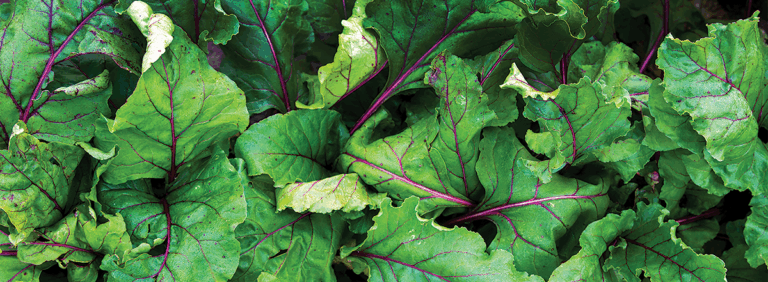Medicinal Herbs for Cardiometabolic Health
About this Episode
Metabolic syndrome sets up the processes in our body that contribute to developing and worsening of heart disease, which is the leading cause of death in the United States. Unfortunately, approximately one-third of American adults have metabolic syndrome. In this episode, naturopath, herbalist, and acupuncturist Laurence Katsaras joins us as a first-time guest to talk about the lifestyle factors that can improve metabolic health and reduce the severity of metabolic syndrome.
What is Metabolic Syndrome?
Metabolic syndrome is an umbrella term used to describe a cluster of different cardiovascular risk factors, such as abdominal obesity, hyperglycemia, hypertension, and dyslipidemia. Metabolic syndrome may indicate an increased risk of heart disease, non-alcoholic fatty liver disease, and other related disorders.
>> More about cholesterol and heart health
Why is Abdominal Obesity Important?
Not all fat is the same – location matters. Laurence explains how visceral adipose tissue is metabolically active, secreting inflammatory cytokines and free fatty acids (FFAs). FFAs may impact insulin sensitivity and alter cholesterol status. Laurence also recommends measuring your own waist as a good marker for metabolic health.
How Does the Microbiome Impact Metabolism and Weight?
There is emerging research on the connection between the gut microbiome and metabolic health, including the link between gut health and exercise motivation.1
Investigating microbiome health might play a role in why someone is accumulating weight to begin with. This is because the microbiome is involved with weight regulation, the structural integrity of the gut lining, and satiety factors – among other physiological factors. Laurence describes the “self-perpetuating cycle” involving dietary choices and the microbiome that ultimately impacts how different individuals harvest energy from food.
When Do You Need to Get a Microbiome Test?
As the science continues to grow, healthcare practitioners should be cautious about how much importance they place on the results of a microbiome test. Instead, Laurence finds value in asking patients questions about stool health and consistency. Perhaps most importantly – what is the patient eating? What is their lifestyle like? Are they currently having digestive symptoms?
>> More on microbiome health and testing opportunities
Herbs for Cardiometabolic Health and Other Wholistic Interventions
Laurence says that the goal for wholistically supporting cardiometabolic health is to improve metabolic health directly as well as indirectly through microbiome support. Movement, especially walking and running, is key along with a diet rich with plant-based fiber and medicinal herbs like bitter melon, cinnamon, gentian, feverfew, and wormwood to “regulate the terrain of the digestive system.”
- Bitter melon: reduces post-prandial glucose, decreases fasting blood glucose
- Cinnamon: supports healthy blood glucose levels, reduces waist circumference
Research is showing that there is a complex interplay of physiology involved in metabolic syndrome. There are a myriad of factors that influence metabolic disorders, which need to be assessed on the individual level by a qualified practitioner.
- Dohnalová, L., Lundgren, P., Carty, J. R. E., Goldstein, N., Wenski, S. L., Nanudorn, P., Thiengmag, S., Huang, K. P., Litichevskiy, L., Descamps, H. C., Chellappa, K., Glassman, A., Kessler, S., Kim, J., Cox, T. O., Dmitrieva-Posocco, O., Wong, A. C., Allman, E. L., Ghosh, S., Sharma, N., … Thaiss, C. A. (2022). A microbiome-dependent gut-brain pathway regulates motivation for exercise. Nature, 612(7941), 739–747. https://doi.org/10.1038/s41586-022-05525-z








